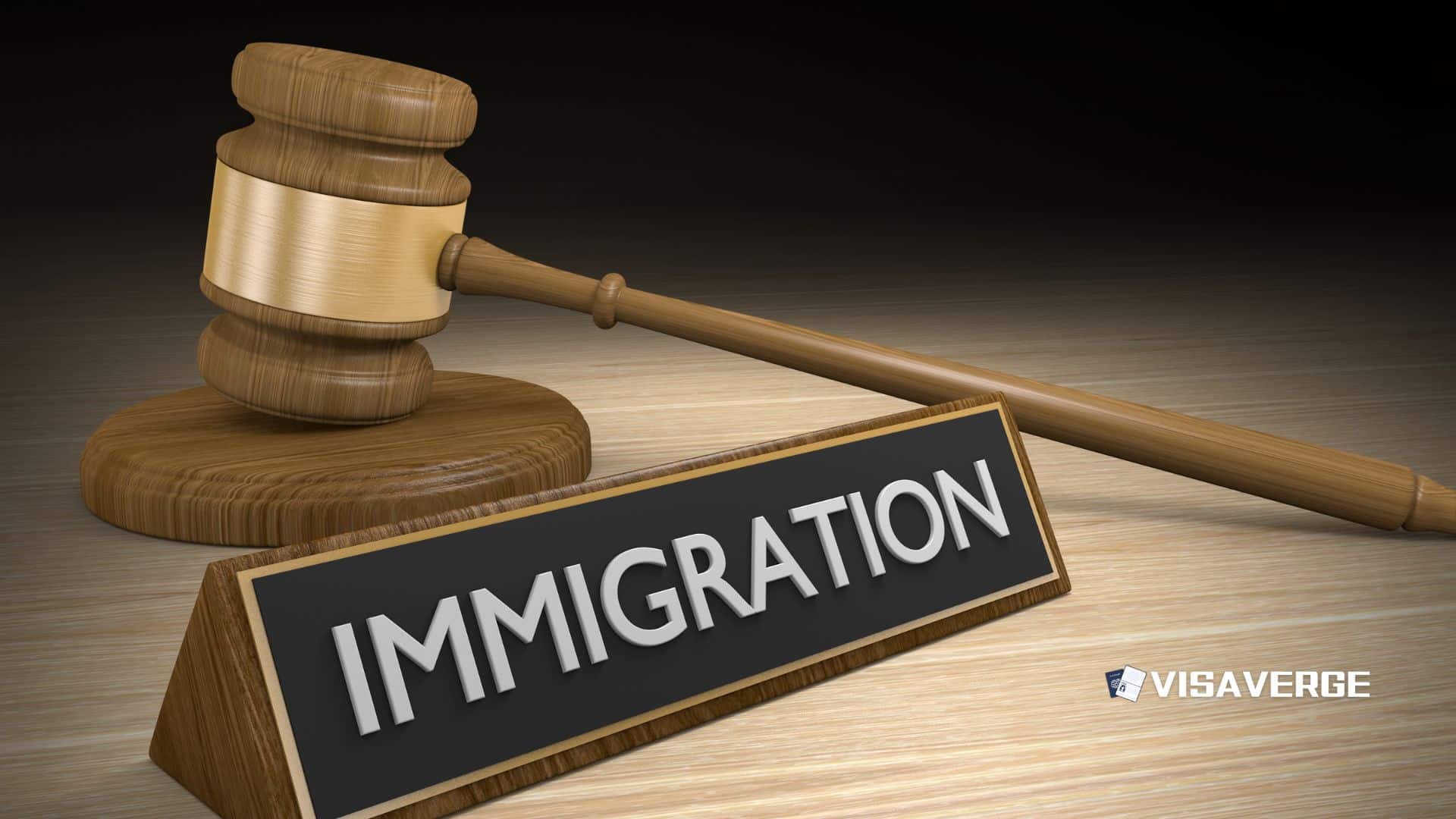(EDMONTON, ALBERTA, CANADA) An Indian man who paid $15,000 to an Alberta immigration fixer will not get his money back after a Canadian court found the agreement between them was an illegal contract and declined to order a refund. The decision, reported on November 13, 2025, turns on the judge’s finding that both sides were equally at fault, leaving the money where it landed and sending a pointed warning to anyone dealing with unauthorized agents in Canada’s immigration space.
Case background and court finding

According to coverage in the Edmonton Journal and the Community Press, the dispute centered on a private arrangement that was not legally enforceable. The reports say the fixer was operating outside recognized legal channels, and the transaction itself fell into a category that courts do not support.
With the judge concluding that the two parties bore equal responsibility for entering into an unlawful deal, the usual path to recovery—suing to get the money back—was shut off. The court’s stance reflects a long-standing legal principle: when a contract is illegal, judges will not enforce it and will often refuse to assist either party in recovering funds exchanged under it.
When a judge characterizes both sides as “equally at fault,” it typically means neither gains special favor at judgment time.
Why this matters beyond the single case
The finding matters beyond this single case because it illustrates how Canadian courts treat money paid under unlawful arrangements. In practical terms, that can leave a payer with no refund and a cautionary tale. Edmonton Journal coverage framed the outcome as a clear sign that those who try to “shortcut” proper immigration channels through an immigration fixer risk losing large sums without legal recourse.
The ruling highlights a real-world dynamic that many newcomers and temporary workers face: pressure to secure status or documents quickly, sometimes under the guidance of someone who promises fast results for a fee. The court record described in the news reports shows how expensive that choice can be. The loss of $15,000 is not just a legal consequence; it’s a financial and emotional hit for a person likely trying to build a life in Canada, send money home, or support relatives while working under time limits tied to permits.
Opacity around unauthorized operators
What is notable is how little detail is publicly known about the fixer’s identity or the exact steps they proposed. The reports did not disclose these facts, underscoring another feature of such cases: the opacity surrounding unauthorized operators.
By the time complaints surface, the money is gone, the work may be incomplete, and the paper trail can be thin or informal. In that setting, courts look at the legality of the underlying arrangement first. When the underlying agreement is unlawful, the push for a refund often stalls at the courthouse door.
Timeline (as reported)
- A private deal was made between the payer and the fixer.
- $15,000 changed hands.
- The promised outcome didn’t materialize—or at least failed to lead to a lawful remedy.
- The matter went to court.
- On November 13, 2025, Canadian outlets including the Edmonton Journal reported the result: no refund, because the contract itself was illegal.
The decision aligns with the broader principle that the justice system does not reward or correct arrangements that should not have occurred in the first place.
Practical takeaway and warnings
For anyone in Alberta or elsewhere in Canada, the message is direct:
- Unauthorized immigration services are a legal risk.
- Paying for them can end in a loss that no court will fix.
- The safest path is to rely on recognized channels and verifiable credentials when seeking help with:
- permits
- permanent residence
- family sponsorship
- status extensions
The court’s refusal to unwind the transaction also reflects a policy choice embedded in the law: discouraging illegal side agreements by refusing to help either party escape the consequences. That approach has a deterrent effect. If people know they can’t sue to recover fees paid under unlawful deals, they may be less likely to hand over cash to an immigration fixer in the first place.
Broader context and resources
While this case was reported in Alberta, the issue is not unique to one province. Across Canada, the risk of using unauthorized operators is the same: legal remedies are limited when the agreement itself is offside.
The Edmonton Journal report did not list any criminal charges or regulatory action tied to the fixer in question, and the Community Press likewise focused on the civil outcome rather than any follow-on proceedings. That narrow focus underscores what mattered most to the judge: the nature of the contract and the shared responsibility for entering into it.
Readers who want official guidance on working with representatives can consult the Government of Canada’s page on choosing a representative, which explains who is authorized and how to seek help through proper channels. The federal information is available here: Government of Canada – Choose your representative.
VisaVerge.com reports that it follows disputes and court outcomes involving unlicensed agents and fee arrangements that collapse under scrutiny, a trend that echoes the circumstances described here. The Alberta ruling adds another example to that broader public conversation: once a judge decides the parties share blame in an unlawful deal, refund claims usually stop there.
Final notes and legal takeaway
No further details were provided in the news reports about the fixer’s background or whether the payer sought help elsewhere after the court’s decision. What is clear is the core outcome: the funds stay with the recipient because a court won’t unwind an illegal contract when both sides knowingly took part.
For many newcomers, that’s the warning line. If the pitch sounds like a workaround—quick results, cash upfront, and unclear paperwork—it may also mean no safety net if things go wrong.
Courts won’t fix an unlawful deal, even when the loss is steep, and especially when the judge finds the two parties equally at fault.
Frequently Asked Questions
This Article in a Nutshell
A Canadian court refused to refund $15,000 paid to an Alberta immigration fixer after finding the contract illegal and both parties equally at fault. Reported November 13, 2025, the ruling reflects the legal principle that courts will not enforce or unwind unlawful agreements and often deny recovery when both sides knowingly participate. The case warns newcomers and temporary workers about the financial risks of using unauthorized representatives and highlights the importance of relying on authorized channels for immigration services.













